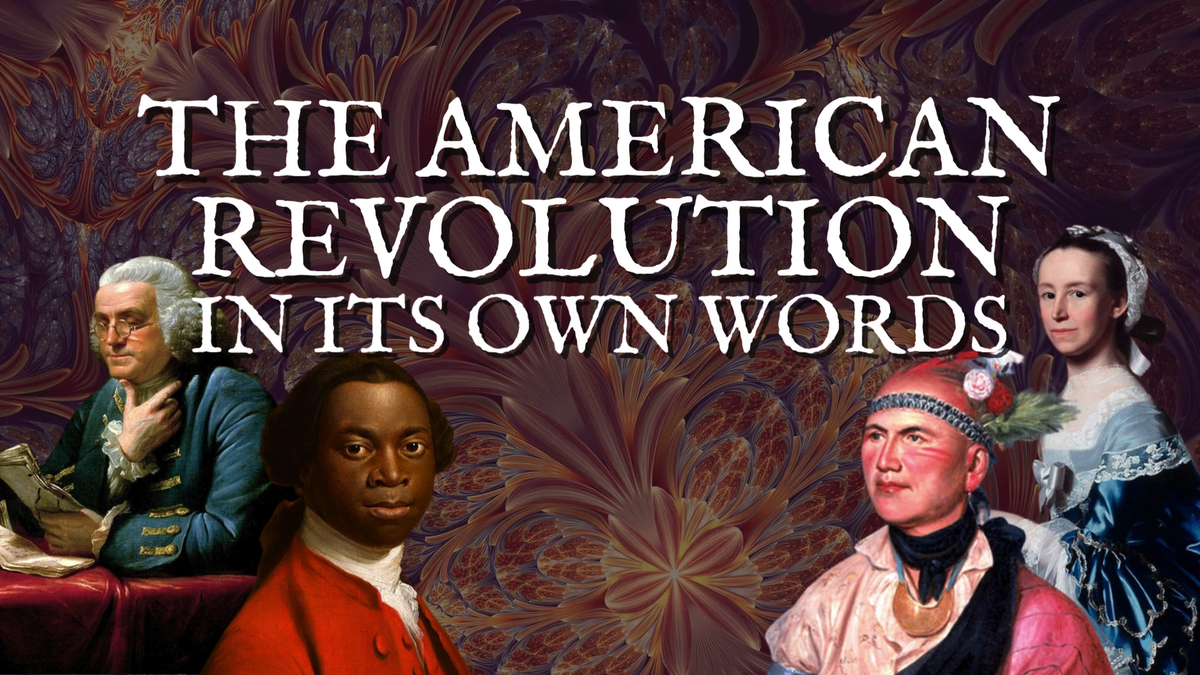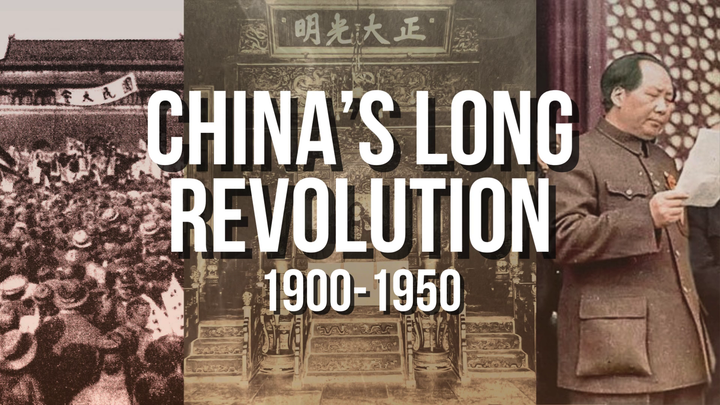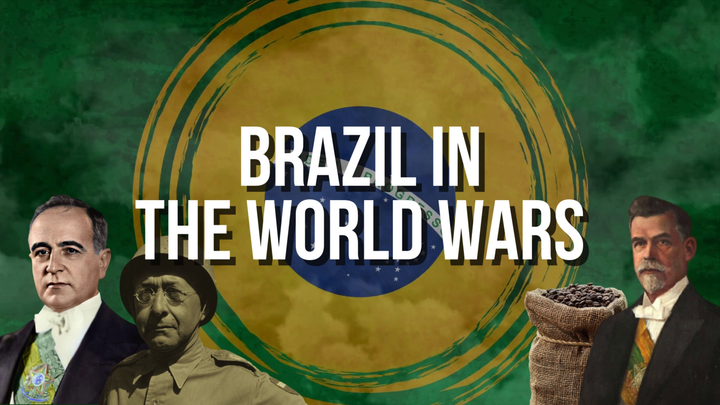Behind the Scenes: The American Revolution, In Its Own Words.
My latest video is a compilation of eyewitness accounts from founding of the United States.

There’s another video up on my YouTube channel, which released yesterday (July 2, 2025). It’s titled “The American Revolution: In Its Own Words,” and I specifically timed it to come out just in advance of our U.S. Fourth of July holiday. So, as is customary upon release of a big video, here is the article companion piece with a little look behind the scenes—though I admit it’s a bit shorter this time, as I’m ready for a well-needed break, and the July holiday is looming.
The video is embedded below. The subject is expansive—the American Revolution is a big subject—but the concept is simple. Nearly everything in the video, except for a brief introduction and conclusion, is a direct quotation from a document or account actually from the time. Here are the words of Benjamin Franklin, Thomas Jefferson, “Congress Assembled,” Thomas Paine, Abigail Adams, King George III and other key participants in the revolutionary era. But there are also a lot of much more obscure accounts from people you might never have heard of, such as Elizabeth Liechtenstein Johnson, a Loyalist woman who fled the revolution; Albigence Waldo, a Continental Army surgeon who suffered privations at Valley Forge; Caesar Sarter, an ex-slave petitioning for emancipation; and many more.
This is a very different style of video than I’ve done before. Because it’s virtually all quotations, without comment, I don’t present any argument or explanation of what you’re hearing. Trusting YouTube viewers to connect the dots and draw their own conclusions may seem dangerous in this time of media manipulation and “fake news,” but most of the viewers of my channel are, I think, quite intelligent and sophisticated. In any event, as I explain in the introduction, the American Revolution, its ideals an its legacy don’t belong to anyone. They’re not strictly the property of historians, or Americans, or Americans with particular beliefs. The central promise of the revolution, found in the Declaration of Independence, is, of course, “All men are created equal.” What does that actually mean? Does it mean only what Thomas Jefferson intended it to mean when he wrote it in the final days of June, 1776? Or does it mean what we, in 2025, decide it should mean? I want to encourage people to make that mental and moral journey for themselves, which is why in this video I decided not to lead them to any pat conclusion. The American Revolution is what we make of it.


